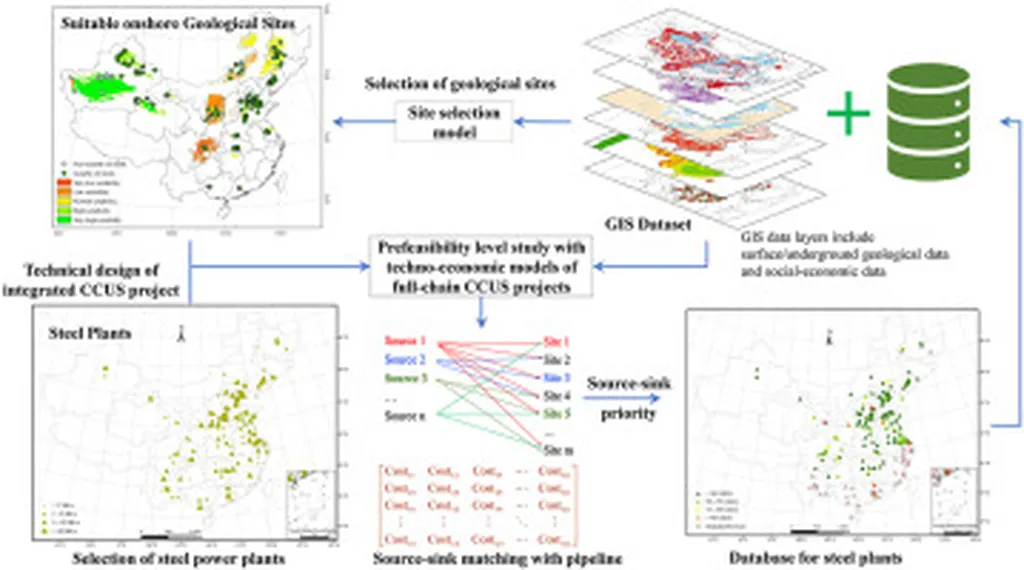In the quest to mitigate climate change, carbon capture, utilization, and storage (CCUS) technologies have emerged as a promising solution. However, the corrosive nature of dense-phase CO2 environments poses a significant challenge to the metal materials used in CCUS infrastructure. A recent study published in the journal *Materials Protection* (Cailiao Baohu) sheds new light on this issue, offering insights that could shape the future of the energy sector.
Led by YU Zhixia of Offshore Oil Engineering Co., Ltd., and a team of researchers from Sun Yat-sen University, the study focused on the corrosion behavior of A106 carbon steel in dense-phase CO2 environments. A106 steel is widely used in the energy industry due to its strength and durability, making it a critical material for CCUS pipelines and equipment.
The researchers employed a high-pressure autoclave to simulate dense-phase CO2 conditions, subjecting A106 steel samples to varying micro-water contents. Using advanced techniques such as scanning electron microscopy (SEM), X-ray diffraction (XRD), and super-depth-of-field 3D microscopy, they systematically examined the effects of water content on corrosion rates.
The results were striking. “In dense-phase CO2 environments, A106 steel exhibited its maximum uniform corrosion rate of 0.0867 mm/a at a water content of 3,000 μL/L,” YU Zhixia explained. The study also revealed that an uneven ferrous carbonate corrosion product film formed on the specimen surface, creating favorable conditions for localized corrosion, with the maximum pitting rate reaching 0.548 mm/a.
The findings underscore the critical role of water content in metal corrosion within dense-phase CO2 environments. “Water and CO2 become mutually soluble under the conditions of 25℃ and 10 MPa,” YU noted. “In the micro-water environment, water primarily existed in a dissolved state within the liquid CO2 phase, and trace amounts of free water accumulated on the specimen surface, forming discontinuous liquid films or droplets that accelerated the corrosion of A106 steel.”
The implications of this research are significant for the energy sector. Understanding the corrosion behavior of A106 steel in dense-phase CO2 environments is crucial for developing effective corrosion mitigation strategies. This knowledge can guide the design and maintenance of CCUS infrastructure, ensuring its longevity and reliability.
Moreover, the study highlights the need for further research into corrosion-resistant materials and coatings that can withstand the harsh conditions of dense-phase CO2 environments. As the energy sector continues to explore and implement CCUS technologies, such advancements will be essential for achieving sustainable and efficient carbon capture and storage.
In the words of YU Zhixia, “This research provides a foundation for future studies aimed at enhancing the durability of materials used in CCUS applications.” As the world seeks to transition to a low-carbon future, such insights will be invaluable in shaping the technologies and strategies that will drive this transformation.

